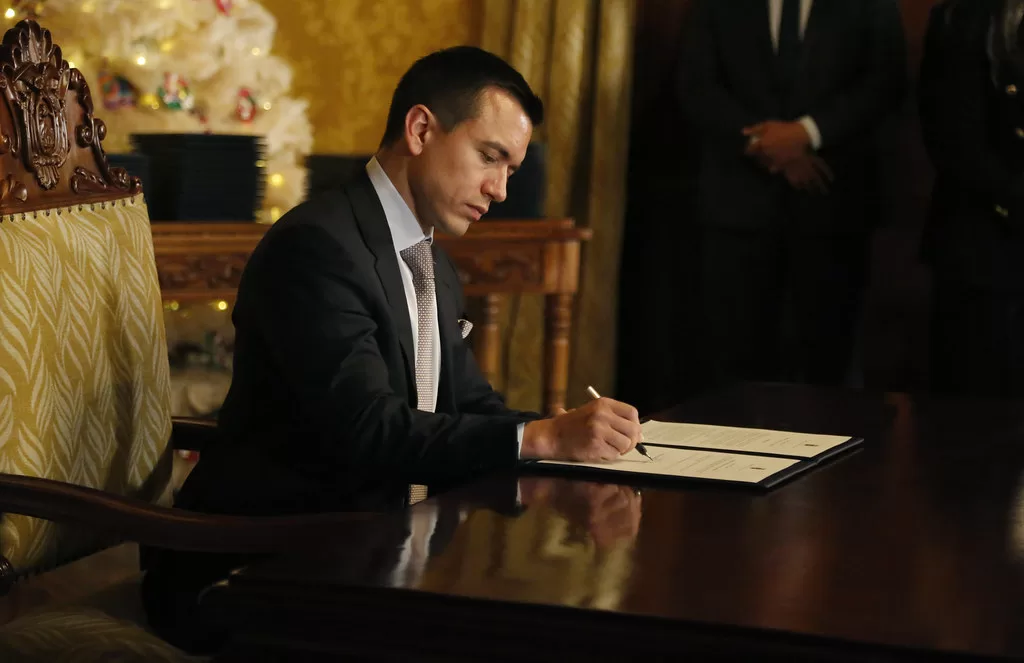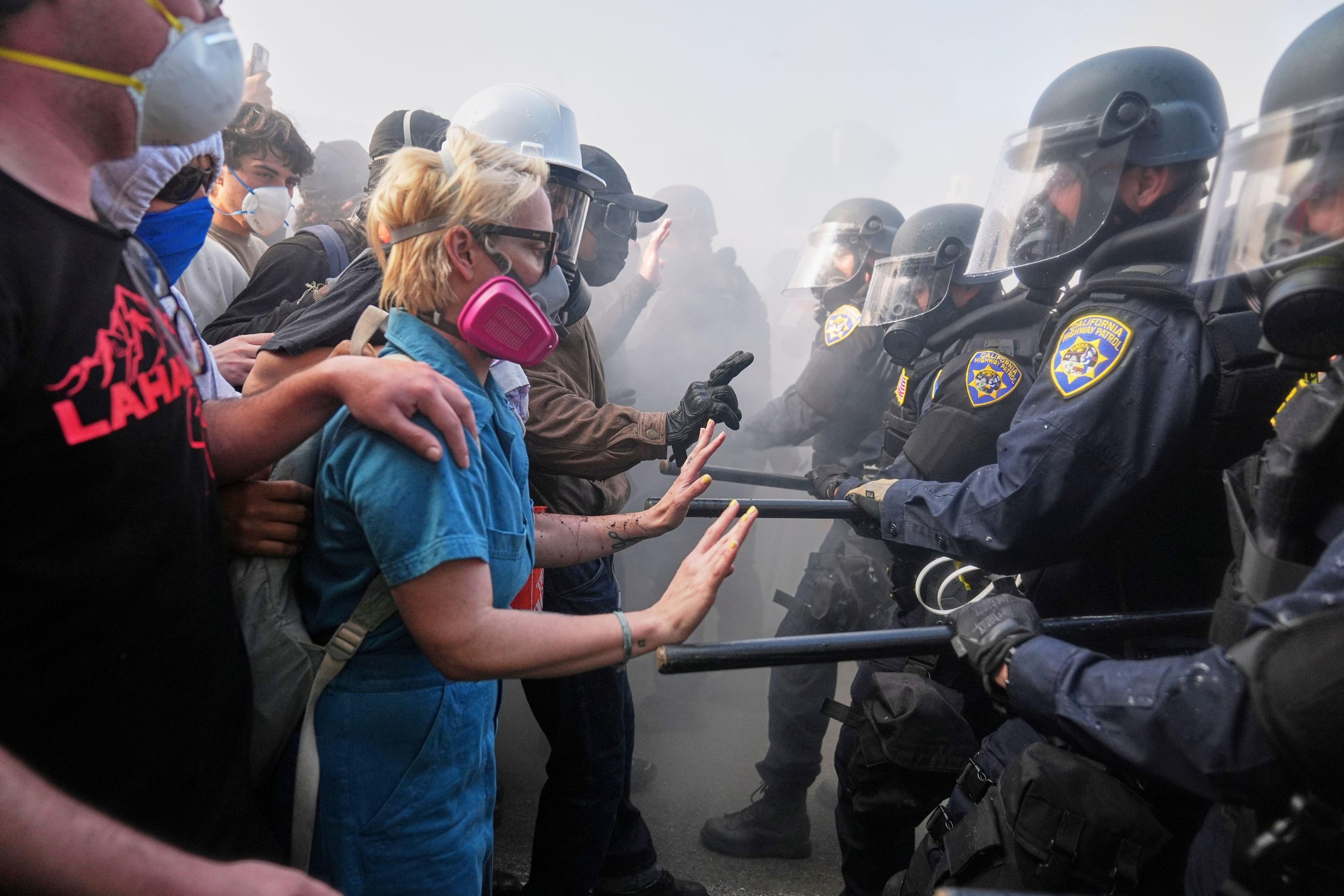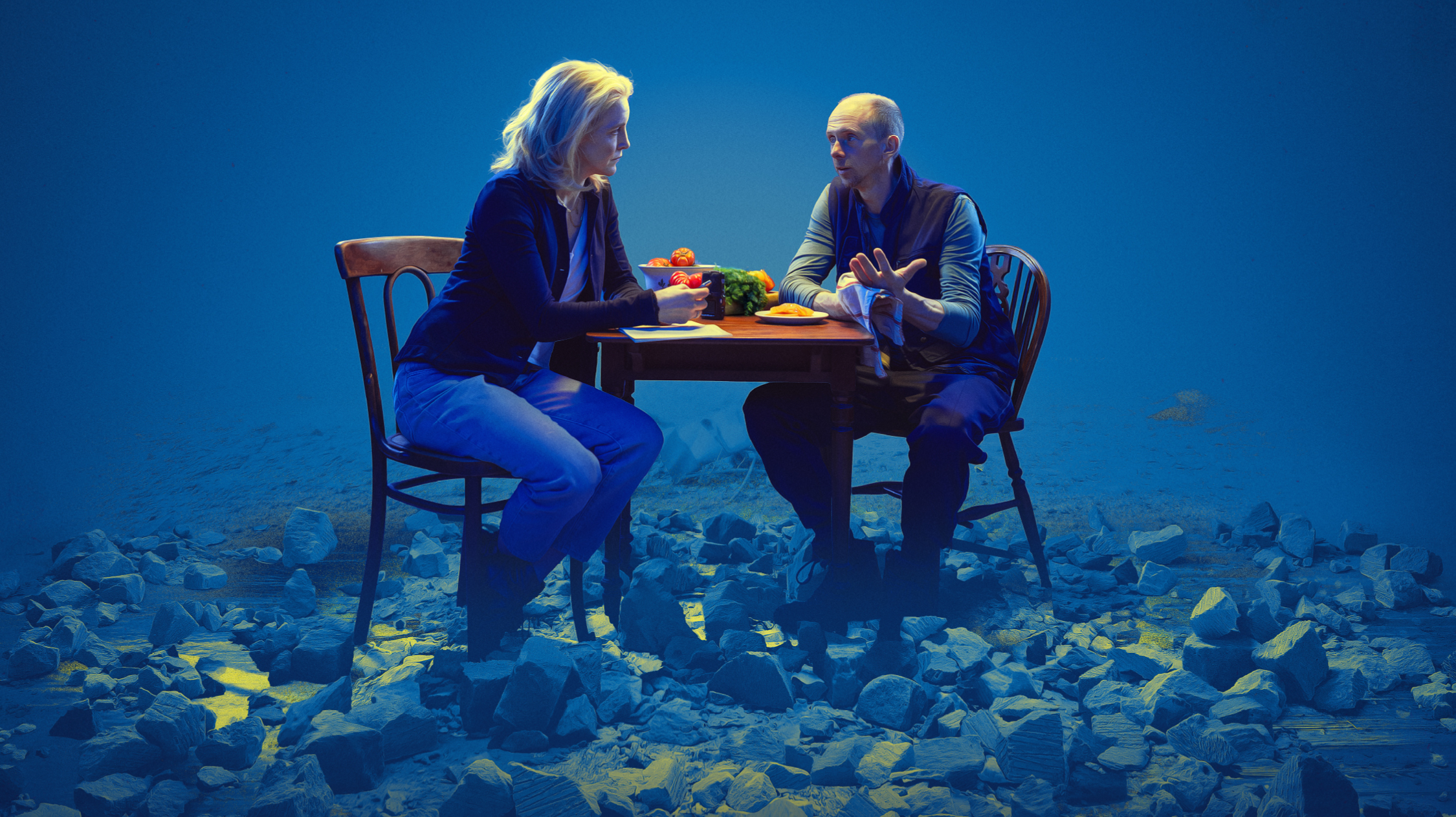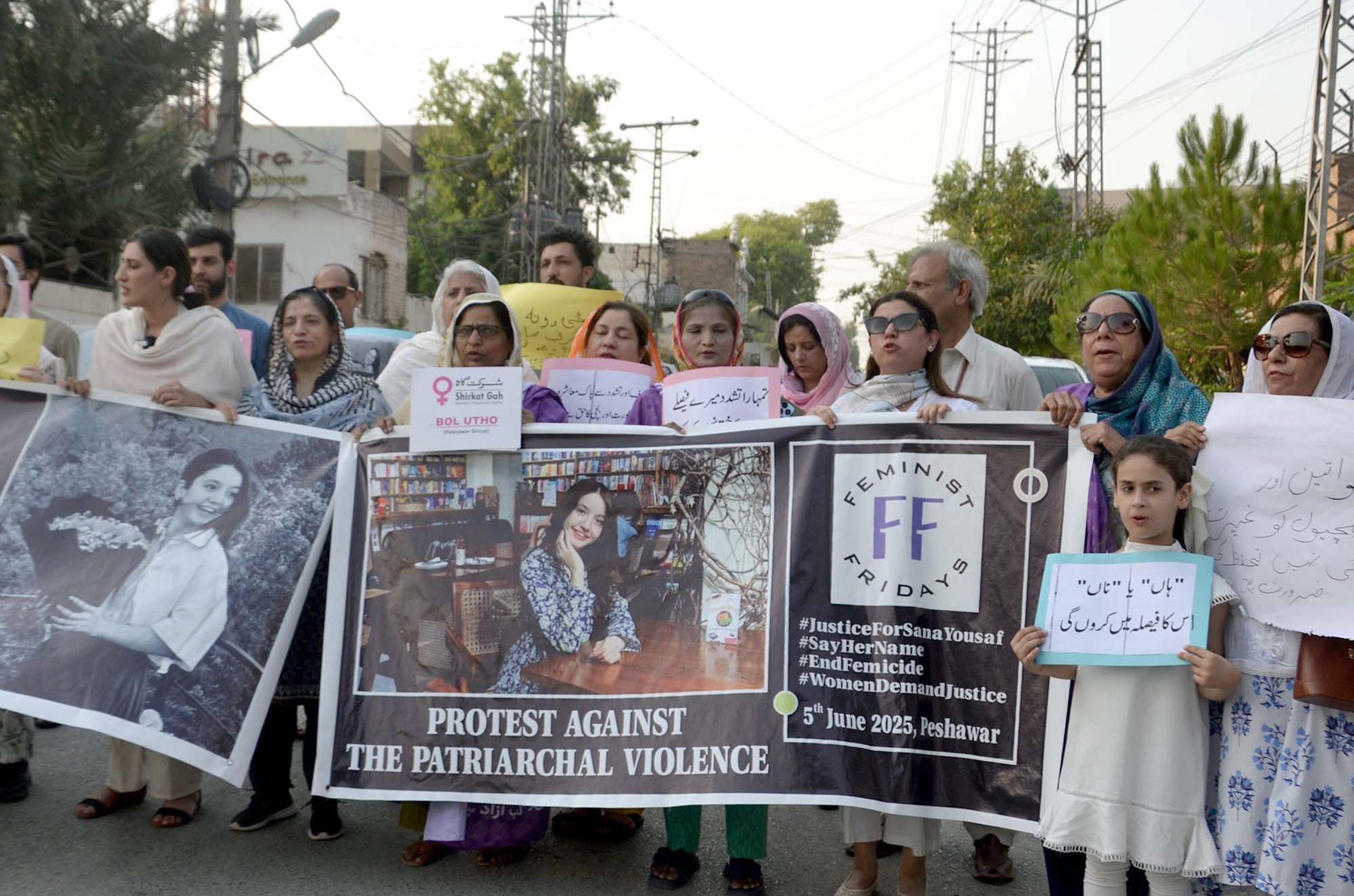President Daniel Noboa declared a 60-day state of emergency in Ecuador on Monday after Adolfo Macías, a notorious gang leader commonly known as Fito, escaped from prison and prompted a wave of violence in the state. Since then, armed gunmen have stormed a TV station in the city of Guayaquil during a live broadcast, and Noboa has issued a further decree declaring war on armed gangs. While not the first time a state of emergency has been called, this latest could be a watershed moment for a once-peaceful state which has spiralled into cartel-related violence in recent years. Here’s what you need to know:
Who is Fito?
Adolfo Macías, known as Fito, is the leader of an Ecuadorian gang called Los Choneros, which authorities have linked to extortion, murder and drug trafficking. They have been accused of controlling the country’s main prisons and are suspected to have played a role in the assassination of presidential candidate Fernando Villavicencio last year.
Fito himself was convicted of drug trafficking, murder and organised crime in 2011 and sentenced to 34 years in prison. He was scheduled on Sunday to be transferred to a maximum security facility but was instead discovered missing from his cell.
Why have they declared a state of emergency?
Following Fito’s escape, there was a wave of jail riots and escapes, which authorities blamed on criminal gangs. Riots broke out in at least six jails, with 150 or more guards and other staff taken hostage by prisoners.
Since the state of emergency was declared, at least 10 people have been killed in attacks linked to criminal gangs, seven police officers were kidnapped and nearly 40 inmates have broken out of a prison in Riobamba, a city in the country’s centre.
What does a state of emergency mean?
Under a state of emergency, the military can be mobilised and deployed into prisons, where much of the violence has sprung from, and onto the streets. A nightly curfew has also been imposed between 11pm and 5am in an attempt to curb violence. It is intended to be in place for 60 days.
The country is no stranger to being in a state of emergency. Previous president Guillermo Lasso often attempted to wrestle back control during times of violence by declaring a state of emergency, without much success. What is new is Fito labelling all the criminal groups “terrorists”. This means the army can now respond to them by using lethal force in the streets, a troubling twist.
What has the president said?
President Daniel Noboa, who was elected in November after running a campaign centred on tackling organised crime, said upon announcing the state of emergency: “We will not negotiate with terrorists and we will not rest until we have restored peace.”
Following the storming of Ecuadorian TV station TC Television by an armed gang on Tuesday, Noboa issued a further decree declaring war on armed gangs, stating that there was an “internal armed conflict” and calling upon the Ecuadorian military to “neutralise” the factions “within the bounds of international humanitarian law”.
What does this mean for freedoms in the country?
There is the obvious issue related to curfews, which are very direct curtailments of people’s freedom of movements. There are also the concerns that leaders can use extreme situations to seize rights. Beyond these concerns are those related to the factors that have given rise to the current situation: the state of emergency in Ecuador comes as a result of years of escalating violence and organised crime. In their 2023 Freedom in the World report, Freedom House described Ecuador as being in the midst of a “security crisis”, finding that the number of murders in the country in 2023 was more than double the previous year, with most incidents being linked to drug-related gang activity.
Media freedom is a particular issue in the state. RSF’s 2023 World Press Freedom Index found that journalists in Ecuador face hostility, physical danger and self-censorship as a result of the rising power of criminal gangs and drug cartels, and our Index Index categorised the state’s media as ‘significantly narrowed’. Previous murders of journalists Mike Cabrera, Gerardo Delgado and César Vivanco, as well as further death threats and targeted bomb campaigns, emphasise the threat facing media freedom in the country, as does the case of other countries – Mexico, for example, is one of the most dangerous countries in the world for journalists as a result of the drugs trade.
The recent storming of TC Television adds to these concerns, with the channel’s head of news Alina Manrique telling The Associated Press: “All I know is that it’s time to leave this country and go very far away.”






